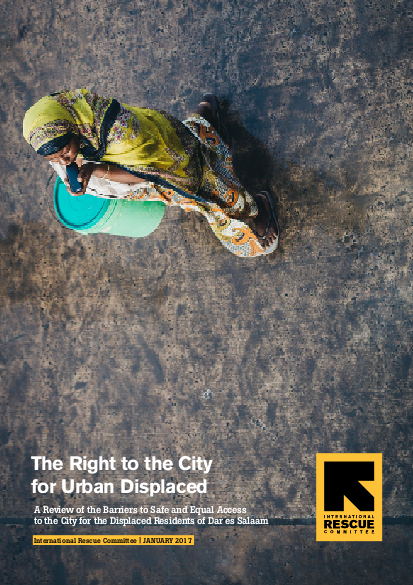
Urbanisation is changing the nature of humanitarian response. In the 21st century, the phenomenon is most prevalent in developing countries; it is estimated that cities in developing countries will account for 96 per cent of urban population growth between 2013 and 2030. Today, 80 per cent of all refugees worldwide are found in developing countries and 60 per cent of the global refugee population, or 36 million refugees, reside in urban areas.
As urbanisation continues, these refugees increasingly find themselves in competition with economic migrants and with long-term urban residents for access to public services and economic opportunities in cities and towns. The struggle of urban dwellers to access services and economic opportunities is best encapsulated using Henri Lefebvre’s concept of the Right to the City, which provides a social lens through which to analyse the relative enjoyment of rights and access that different marginalised populations have to the city.
Humanitarians responding to displacement crises in urban areas, therefore, must take particular care to ensure that displaced populations and vulnerable communities alike enjoy the Right to the City to the same extent as all other urban dwellers. This is particularly important in reference to their ability to safely and fairly access public and social services and opportunities for sustainable self-reliance, as well as to avoid social discrimination and exploitation based on their race, ethnicity, religion or culture.
With this goal in mind, this report presents an analysis of the challenges that displaced populations face in accessing services and achieving self-reliance in Dar es Salaam, Tanzania, a developing and fast-growing city. The findings and recommendations, intended primarily for humanitarian actors, are derived from qualitative research conducted in Dar es Salaam between March and October 2016. This research draws upon the perspectives and experiences of urban displaced, Tanzanians, local and national government, and organisations directly involved with urban refugee programming in the city.
Links
Resource collections
- UN Habitat - Urban Response Collection
- Urban Response - Urban Crisis Preparedness and Risk Reduction
- Urban Response Collection - Community Engagement and Social Cohesion
- Urban Response Collection - Economic Recovery
- Urban Response Collection - Environment and Climate Change
- Urban Response Collection - Housing, Land and Property
- Urban Response Collection - Urban Crisis Response, Recovery and Reconstruction
- Urban Response Collection - Urban Resilience